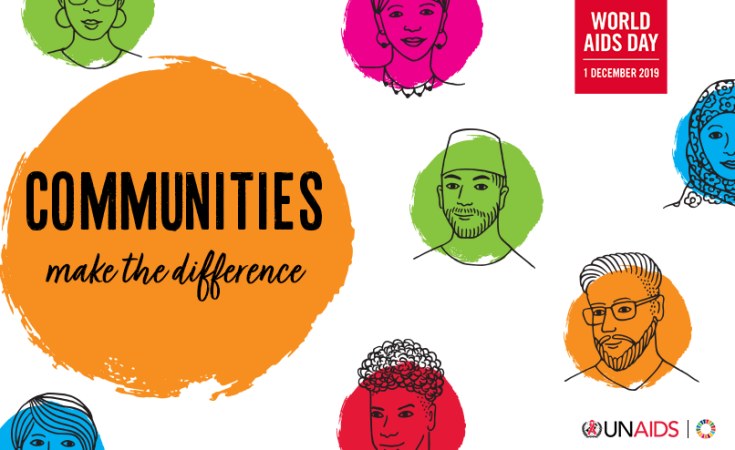Over the past 30 years, we have witnessed incredible strides to halt the spread of HIV, offering a future to those with the virus through advancements in treatment and care. However, it is a mistake to consider the battle against Aids as drawing to a conclusion.
HIV and AIDS claim around two million lives every year and it remains the leading cause of adult death in sub-Saharan Africa. The pace of progress does not currently match global ambition and as 2020 approaches, we must prepare to miss the 90-90-90 targets.
The most recent UNAIDS Global Progress Report acknowledged that there has only been "partial success" and that a "wake-up call" is required to put us back on course to reach the 2020 targets. We must ask ourselves, what is required now to end the epidemic?
The groups still left behind are the most vulnerable and hardest to reach. They're also the groups that are one way or another often not legally recognised or protected, further complicating our ability to effectively reach them with lifesaving information and care.
Eighty-four percent of HIV-infected young people live in sub-Saharan Africa, and girls aged 15-19 years are nearly three times more likely to become newly Infected with HIV than their male peers. Despite this, 53% of countries in eastern and southern Africa require parental consent for minors under 18 years to access HIV testing.
Moreover, young people, particularly young women, often face discrimination from health service providers when they seek out the sexual and reproductive services that would keep them safe.
In these contexts, community mobilisation to address the continuing challenges in accessing testing and treatment, so often driven by fear, ignorance, stigma and discrimination, needs to remain central to fighting HIV and Aids.
A holistic approach to healthcare, which listens to, understands and responds to the complex and individual needs of the people affected, putting people at the heart of the design and delivery of health services is required.
In South Africa last year, we were able to connect over 240,000 people with HIV testing services, with specific strategies to work with young people and particularly young women to access testing and treatment services. In addition, we are working with almost 2,000 young people in Zululand, empowering them to speak up and lead change in their communities to reduce stigma around HIV and taboos around young people's sexual health.
World Aids Day provides an important moment to celebrate the progress made towards eliminating AIDS, reflecting on our achievements and also that they must not be taken for granted as we continue to fight together to end the epidemic.
The United Nations is right to front-load investment, remove structural barriers, and embark on a fast-track expansion of critical HIV services to reach the vast majority in need by 2020. However, the voices of the communities most affected by HIV must be heard at all levels of this response. Communities are the lifeblood of an effective AIDS response, mirrored in the theme for World Aids Day 2019: Communities make the difference
Kilford Zimondi is an HIV and AIDS specialist, and County Director for the development charity Humana People to People, South Africa. He has previously worked in Zimbabwe, Namibia, and Botswana. He helped to pioneer the Total Control of the Epidemic (TCE) model, which is a community-driven response to the HIV and AIDS epidemic. To date, the programme has reached over 20 million people.


